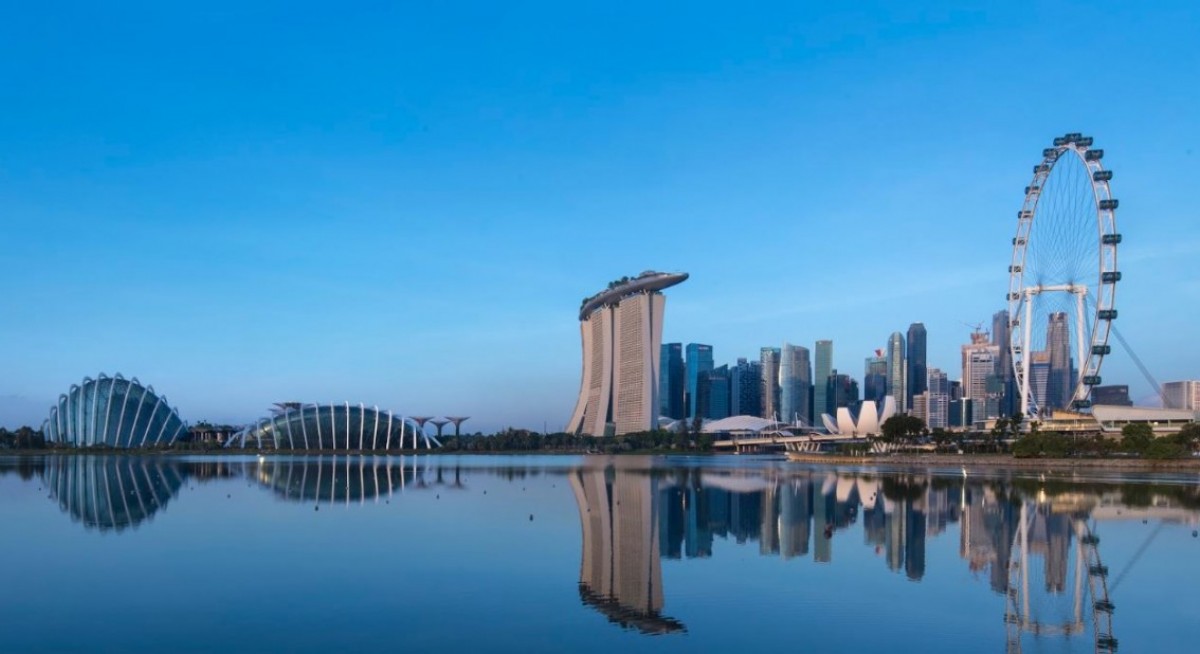The reasons for the growing trend in Asia-Pacific could include the fact that there are many great undervalued companies to invest in, across all sectors and of all sizes. This is especially the case in Japan but it is true across Asia as well. These companies contain many of the classic triggers for investor activism: excess cash, undervalued technology or intellectual property, high unrealised gains on assets or shares, an excess of non-core or non-performing assets and underperforming conglomerates.
Turning closer to Singapore, activist investors are already starting to take their pick. We are seeing activist M&A demands in the REIT sector and this is no surprise given that Singapore is a hub for public REITS in Asia. One example was Sabana REIT, whose unitholders in 2023 voted for the removal of its external manager to be replaced with an internal manager following a campaign by an activist investor. This was a first for the Singapore market, and came after the same activist was successful in convincing Sabana shareholders to vote down a proposed merger.
What should publicly-listed companies pay attention to?
Many Singapore-based companies already have significant international exposure and large-cap companies based here have been adopting global best practices regarding corporate governance and shareholder engagement. So what should companies here think about and better prepare themselves against shareholder activism?
See also: From The Edge Malaysia: Why charge editors over articles that had exposed stock market manipulation?
An area that continues to need greater effort among companies is that of Board diversity. When we speak about Board diversity in Asia, we primarily mean gender. Singapore-listed companies do not have enough women serving on corporate Boards. A recent study by the Council for Board Diversity found that women’s share of directorships reached 25.1% in 2025. Across the Asia-Pacific, this share varies with poorer levels seen in Japan at 22% and Hong Kong at 19.6%. The picture is not quite homogenous and women’s share of directorships in Australia reached 37.7%. So while some parts of Asia-Pacfic are fairing better than others, markets like Hong Kong, Japan and Singapore do continue to require room for improvement.
The push for greater diversity must start at the top and companies and its boards must initiate greater structure and accountability for nominating committees to play an active role. And while gender is an area of diversity we must strive harder for, this effort must be applied across other areas including race, age and skillsets.
Sustainability reporting is also an area where Singapore and Hong Kong companies need to focus. Investors are paying close attention to the right level of sustainability initiatives for each individual company, proper disclosure and the ability for companies to meet their targets set for 2030 and beyond. These decisions will almost certainly affect operational performance and shareholder value creation, which can create activist pressure.
See also: Good COP, 'bad' COP
Stock performance and a strong balance sheet are among the most effective deterrents of shareholder activism. Companies across Asia-Pacific should ask themselves: Are we using our cash effectively and appropriately? Are we returning sufficient capital to shareholders? Could our capital allocation policies be refreshed? Are we engaging with and responsive to shareholders up and down our register? Are we communicating our near-term initiatives and long-term strategy in a clear and compelling way?
Companies need to monitor what is happening in North America because those trends will soon make their way to the Asian footprints of those companies. The reverse is also true. A vulnerability in a company’s Asian footprint, if not managed correctly, could attract activist attention even if the company is listed in New York or London.
While there exist solutions and learnings from North America and Asia Pacific can take a leaf from global markets, it is important to recognise that Asia is a very complex and fragmented region, with different languages and cultures across economies in different stages of development. What is effective in Singapore may not be as effective in Japan, Malaysia or Hong Kong. That local knowledge and the right lens in every key market is necessary for effective stakeholder communication in today’s volatile marketplace.
Companies need to be organised and prepared. Improvisation is not a successful strategy during high-stakes situations. We advise organisations to begin by understanding who they need to reach across their entire organisation, the best channels through which to reach them and the appropriate timing so that leadership’s messages resonate. Navigating global time zones can become very complex very quickly if companies have employees located in Asia, Europe and North America. This is a detail-oriented process that cannot be left to the moment when the acitivist arrives at a company’s doorstep.
Ang Shih-Huei is CEO and Co-Founder of H/Advisors Klareco. H/Advisors consistently ranks among the top M&A communications, activism defence, capital markets and stakeholder engagement advisors globally.




